Florida censors AP African American Studies
Why this class?
Junior Uriah Williams works diligently to paint for community service.
January 24, 2023
“Why would you want to censor people from learning about their own history?”
Kiana Wilkerson, 12, pondered this question in her bedroom with tears in her eyes on a chilly Florida morning on Jan. 12., when the news first detonated the country: Governor Ron DeSantis banned the new AP African American Studies course.
Students, teachers, and parents alike have been asking the same question – why? This is the first AP class to ever be denied, so it makes sense for the community to be concerned over what exactly caused this speculation, if not blatant racism.
“It’s abundant that DeSantis, along with others who stand by him, don’t want people to know the real history of black people in America,” Wilkerson said. “It hurts so much because all we do is learn about slavery, segregation, and a few of the same black civil rights figures.”
With the AP version supposed to begin next year, the specific curriculum is unknown to the general public. But, according to DeSantis’ letter to College Board, “As presented, the content of this course is inexplicably contrary to Florida law and significantly lacks educational value.”
His ruling that APAAS violates Florida’s Stop WOKE Act by attempting to persuade students of critical race theory has, unsurprisingly, resulted in an uproar from the public.
Jessica Jenkins, the current Honors African American Studies teacher, was initially supposed to teach APAAS next year. She and her class were devastated by this news.
“You as a student have to interpret what they’re saying, and then you make a claim based on your own ideas, your own knowledge, and you defend it,” Jenkins said. “There is no right or wrong answer.”
Its pilot class, African American History Honors, consists of the following: World History, American History, Geography, Humanities, Civics, and Government. It focuses on the “chronological development of African Americans by examining the political, economic, social, religious, military and cultural events that affected the cultural group.”
It’s unclear to many students how content even remotely similar to this could be at all lacking educational value, seeing as history itself is knowledgeable and vital to learn so its repetition can be avoided.
“It’s ridiculous that they’d have no problem pushing a course that would ruin the image of black people, feeding us a history that, in turn, steals our sense of pride in who we are and where we came from,” Uriah Williams, 11, said.
All proposed classes must align with each state directory’s rules. If one does not, it can then be banned.
“To me, it piques curiosity,” Assistant Principal Matt Guglielmello said. “I can imagine that, as a student, I would be more curious about content that was banned by the state of Florida.”
Since the class has already been enlisted in the system for next year, students will still be registered for it. As of now, it’s unclear what subject the slot will be replaced with.
It’s abundant that the general public has not taken this change lightly. People are distraught, furious, and confused how a history class could possibly violate Florida law.
“It makes people wonder, why this particular class?” Jenkins said.


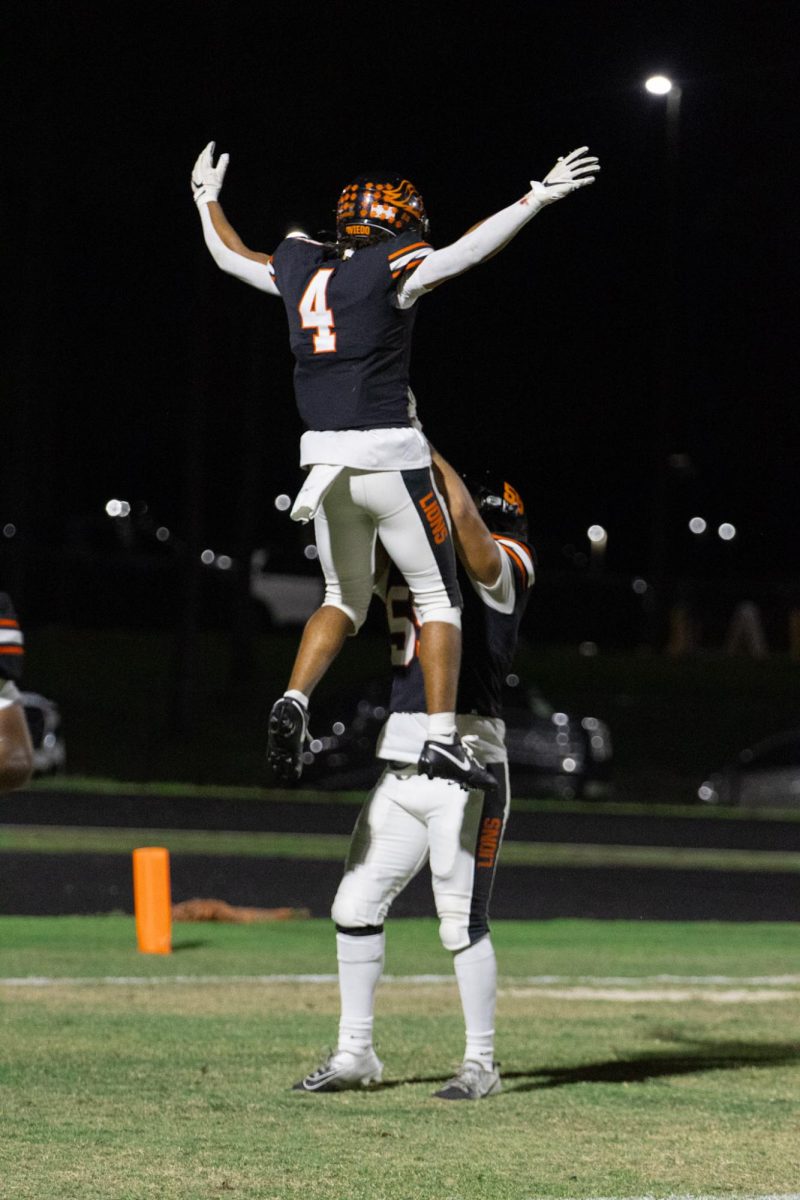
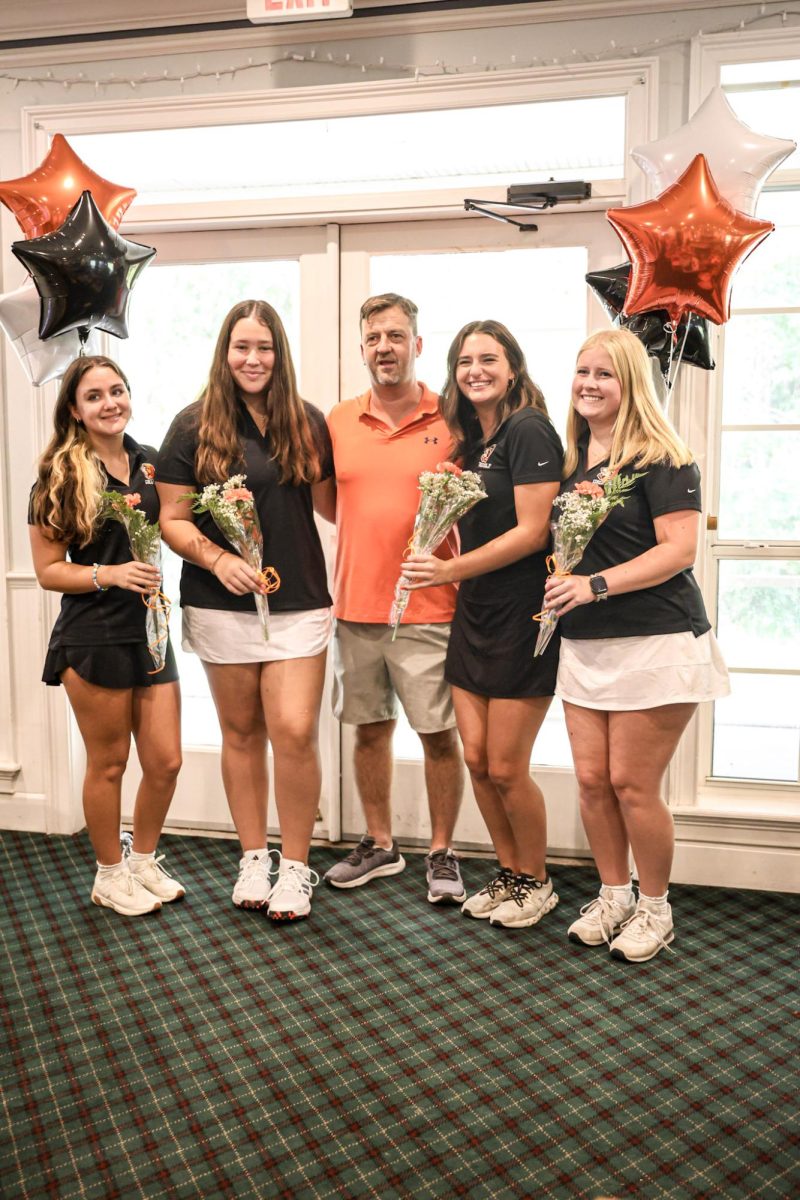


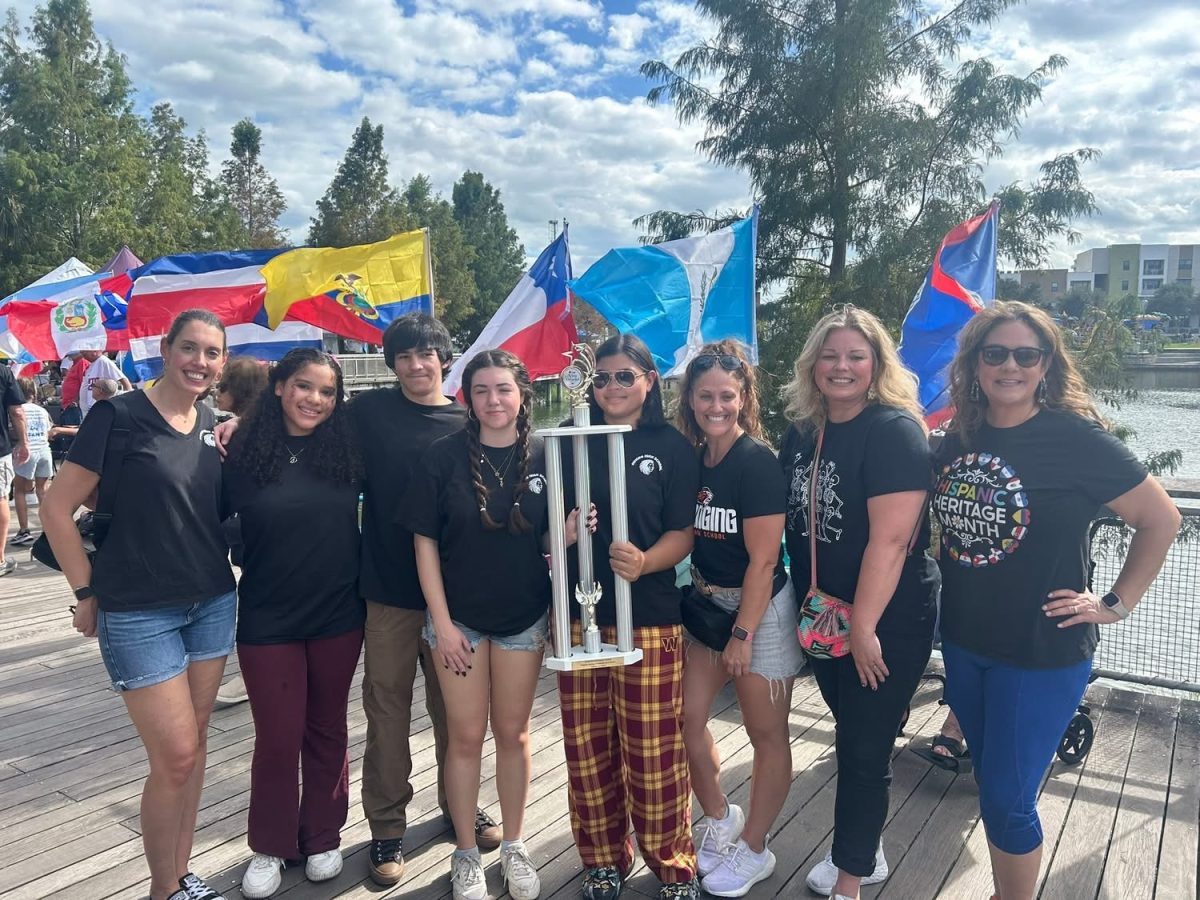
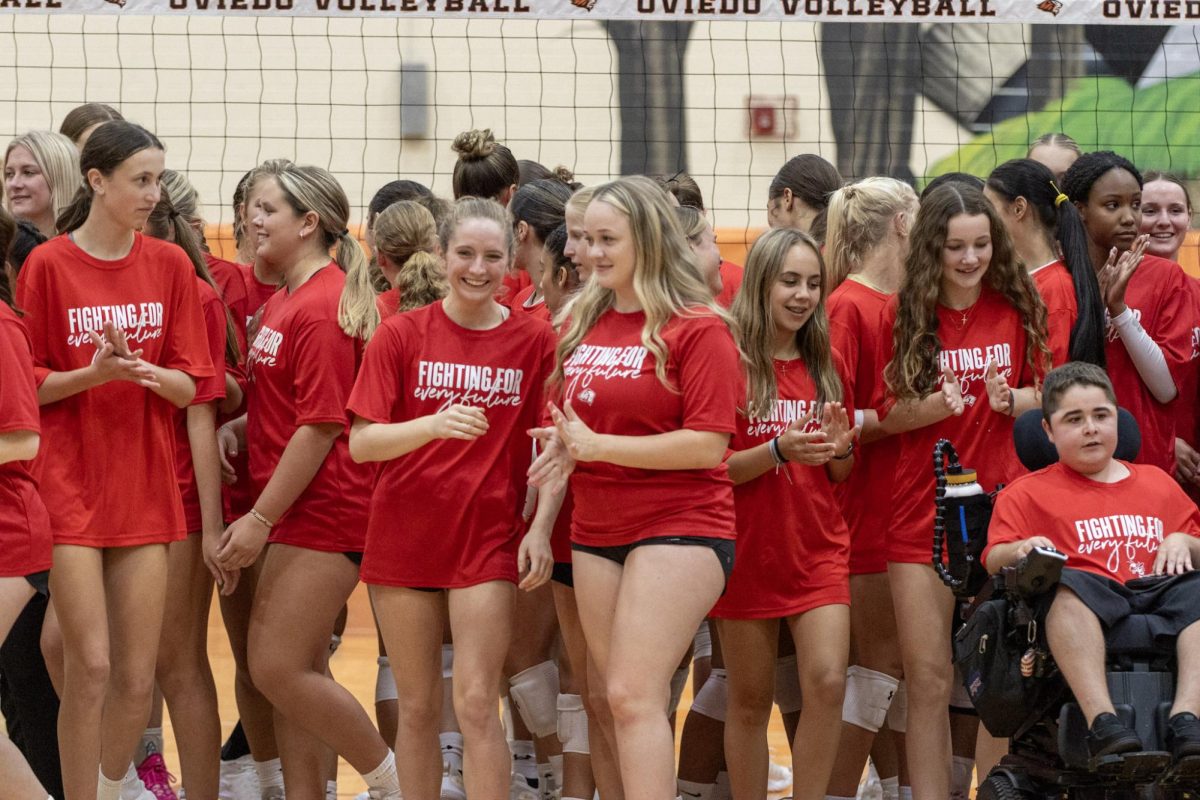
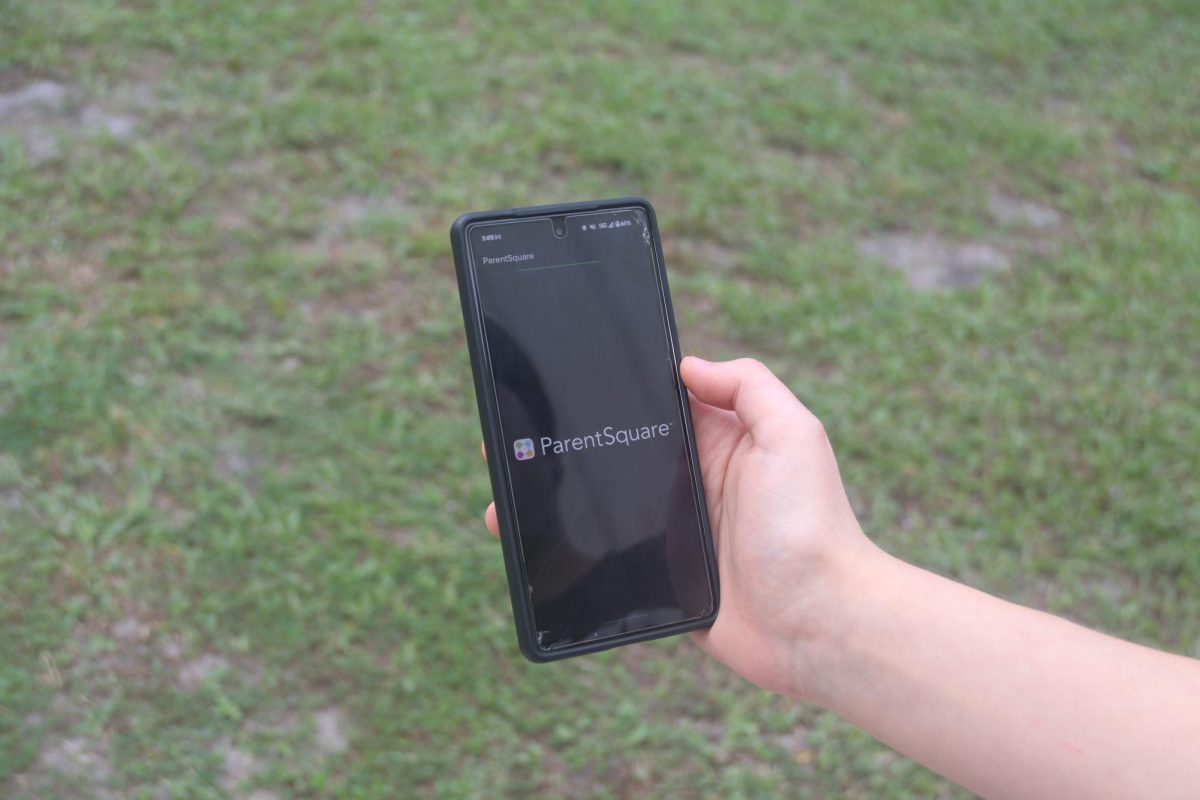


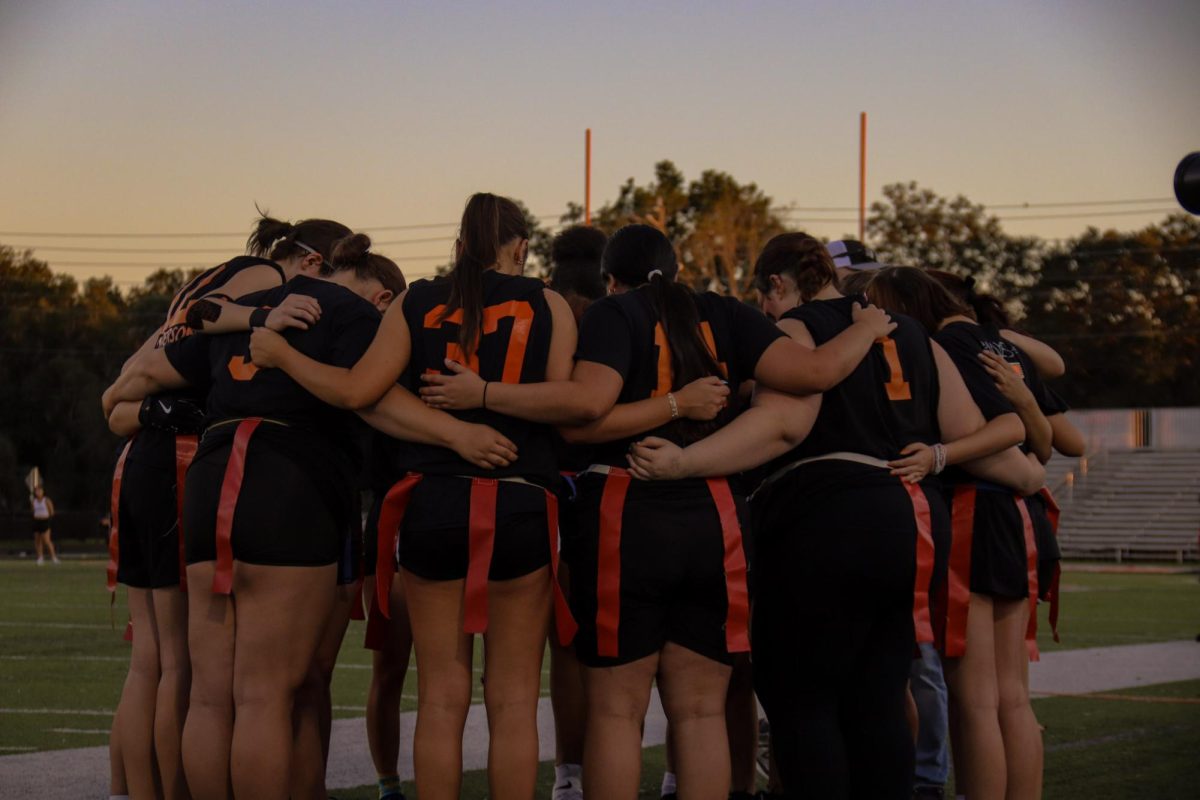
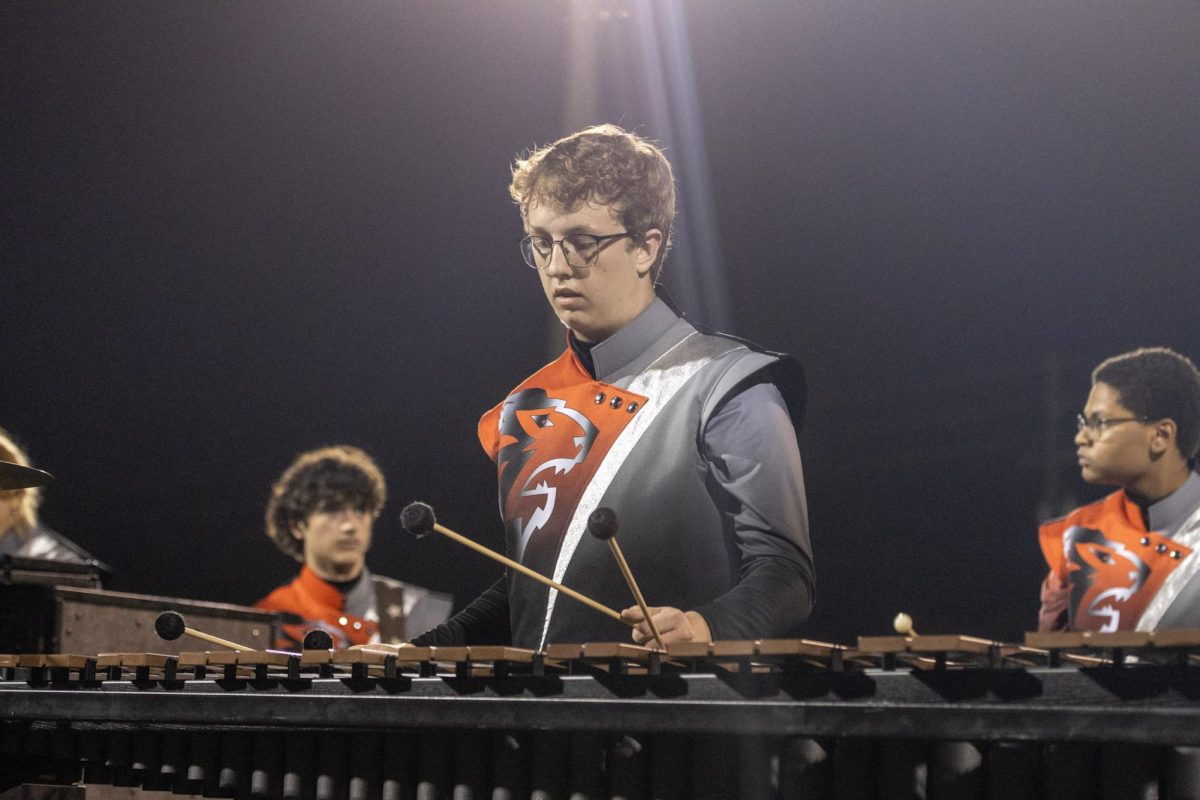


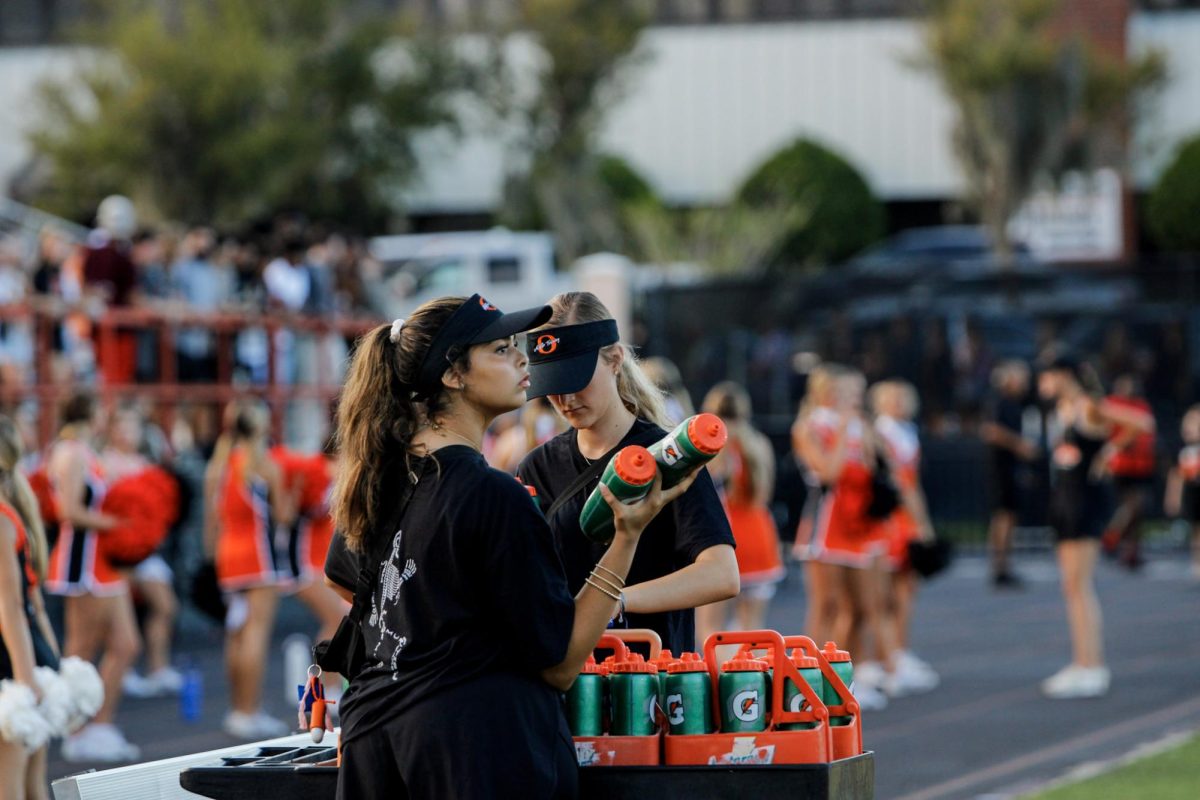






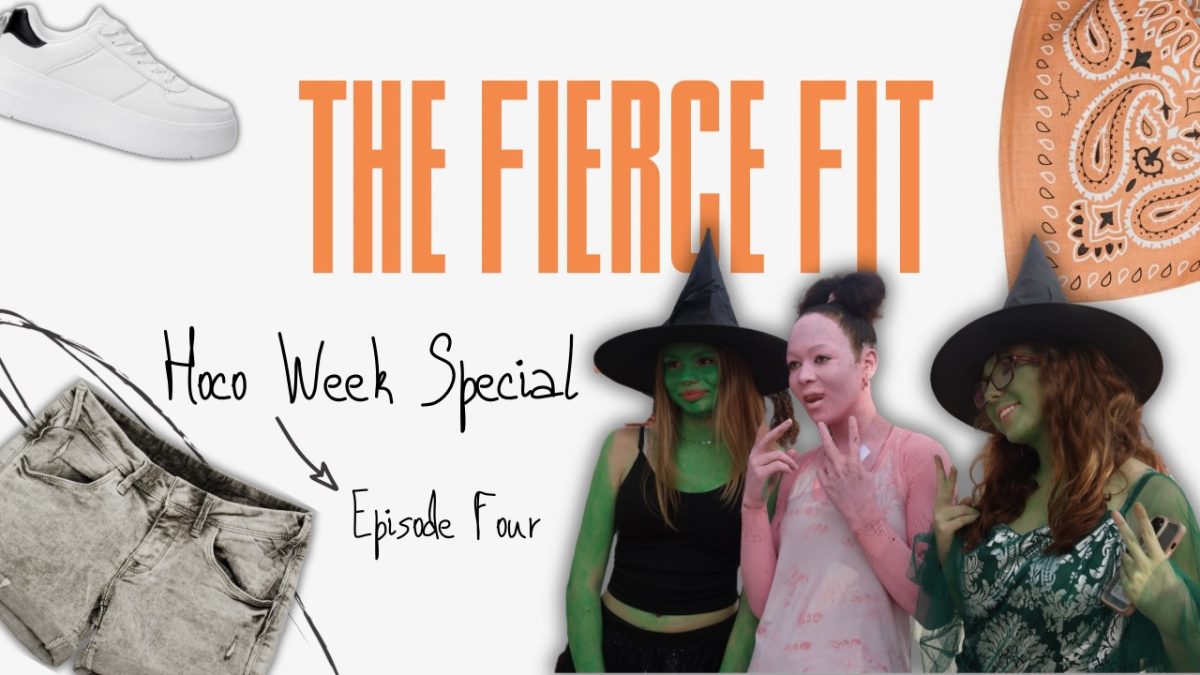




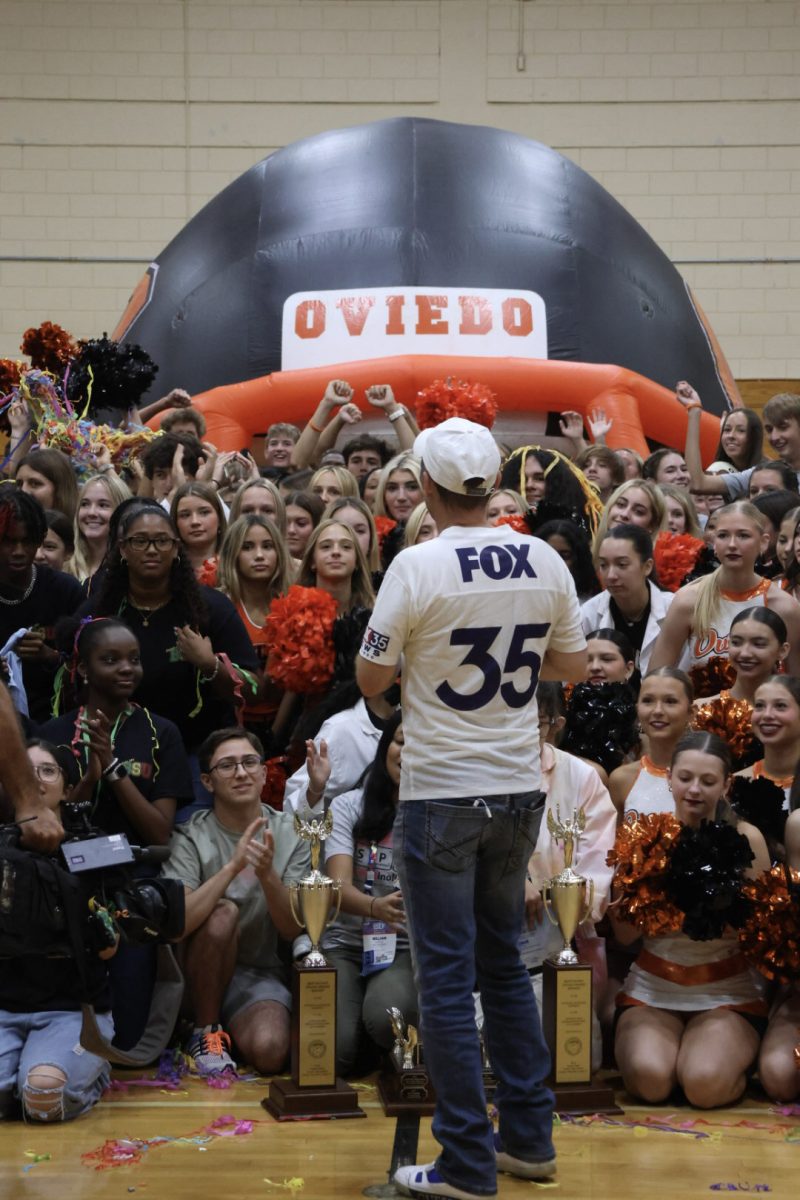
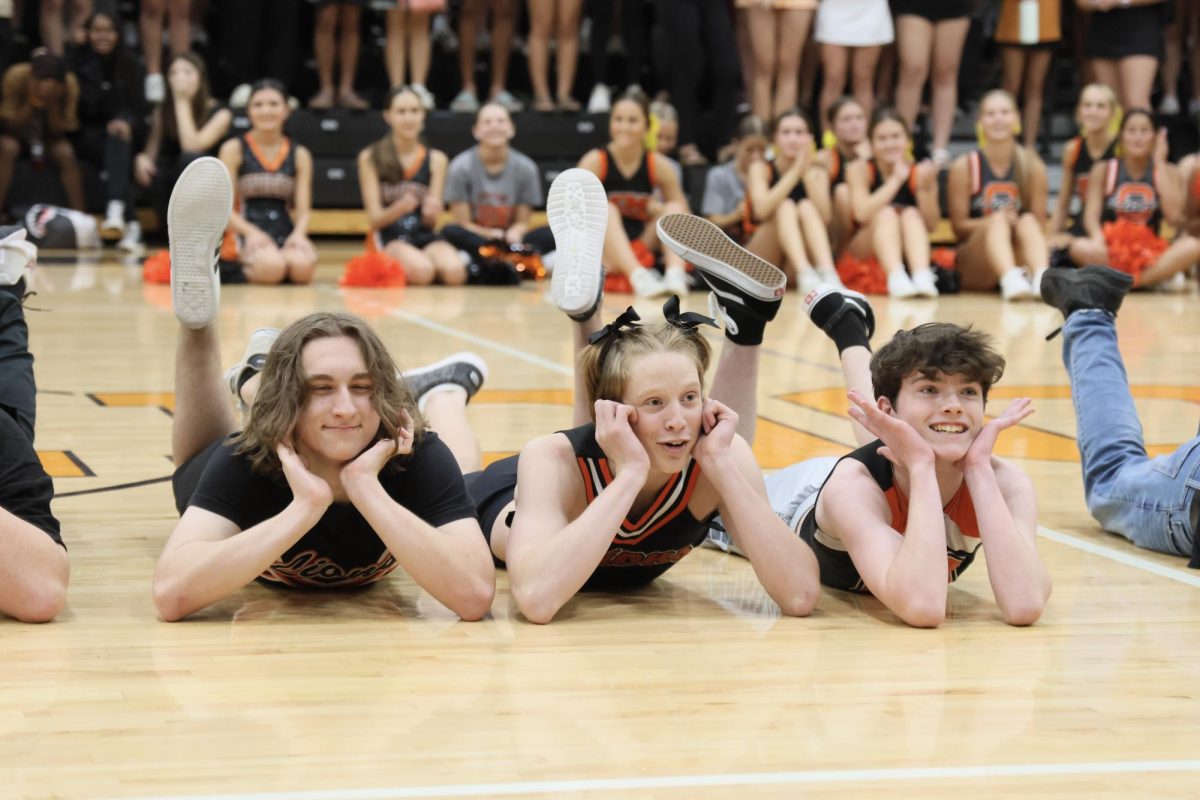




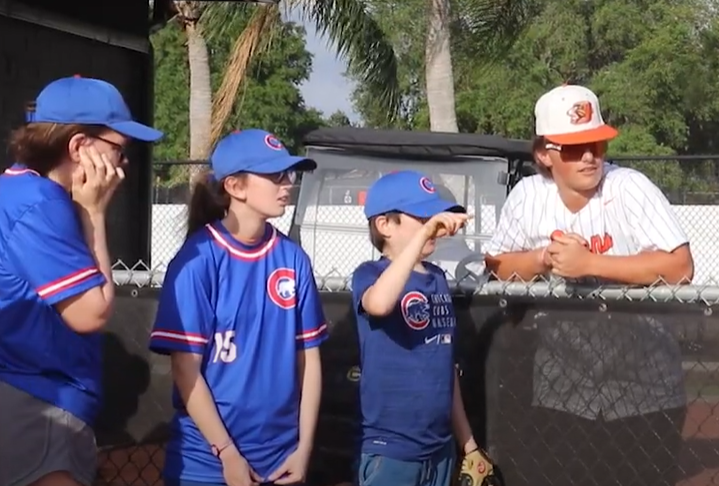






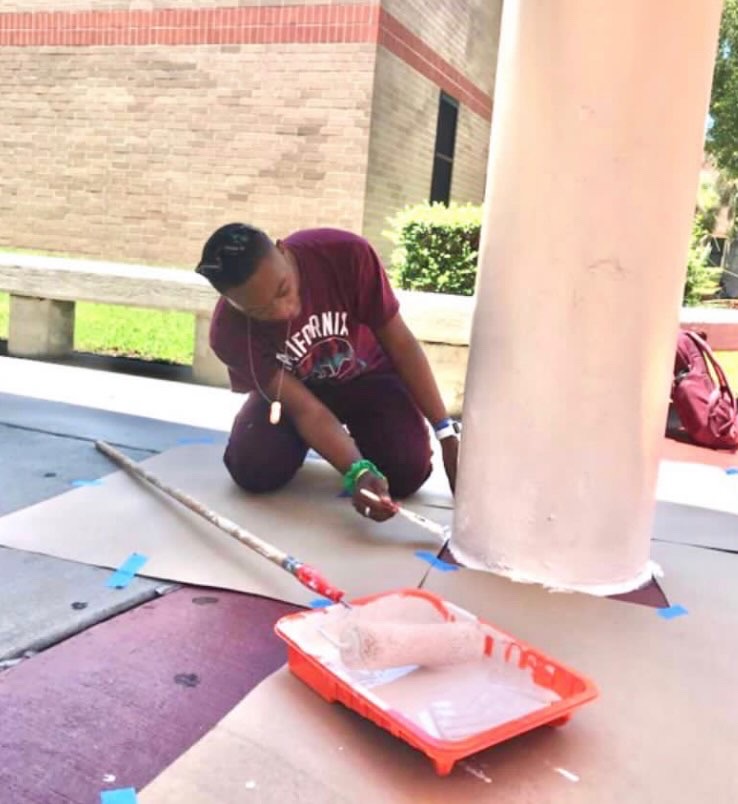





Jacob • Mar 7, 2023 at 2:09 PM
I really like that they addressed all of the issues with APAAS not being taught in schools. I agree that there is no reason why it shouldn’t be taught because it is still apart of history and that if is a college level class so it shouldn’t be restricted. It goes in a deeper dive on this very popular issue going on in Florida. It gives people with a smaller voice a way to express their opinion on a bigger level. History should not be restricted unless they have something to hide.
alyssa • Mar 7, 2023 at 2:08 PM
This articles addressed all of the issues with APAAS not being taught in schools. I feel like them trying to get rid of it does not mean it didn’t happen. This could cause more uprising and division within Florida. This story was interesting and summed up the topic perfectly.
Lindsay Korman • Mar 6, 2023 at 2:08 PM
I really like that they addressed all of the issues with APAAS not being taught in schools. I agree that there is no reason why it shouldn’t be taught because it is still apart of history and that if is a college level class so it shouldn’t be restricted. History should not be restricted unless they have something to hide.
Tori Baer • Mar 3, 2023 at 2:14 PM
I strongly believe that AP African American Studies should not have even needed to be edited in the first place. DeSantis should not have the power to erase history whenever he deems fit. Erasing does not mean it didn’t happen. Besides, something like this could cause more uprising and division within Florida. If there is already an Honors course, what harm is there in having an AP version? It will just go into depth. Your opinion is incredibly valid and absolutely deserved the Best of SNO.
Jamie Wissner • Mar 3, 2023 at 1:58 PM
I liked this article because it really spreads the word on the issue. It goes in a deeper dive on this very popular issue going on in Florida. It gives people with a smaller voice a way to express their opinion on a bigger level.
carley quintana • Mar 3, 2023 at 1:48 PM
I really like this topic because I feel that it’s very important to discuss. The racism towards this class is disgusting and not needed. I think that it’s important to bring this subject up so more people can be aware about it and try to help. I like the way this story was formatted and I really enjoyed it. This story was interesting and summed up the topic perfectly.